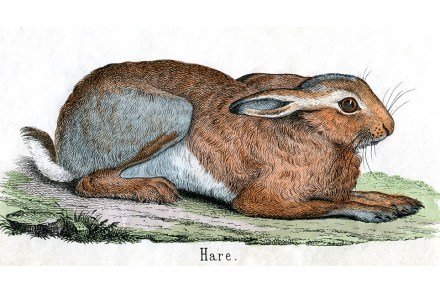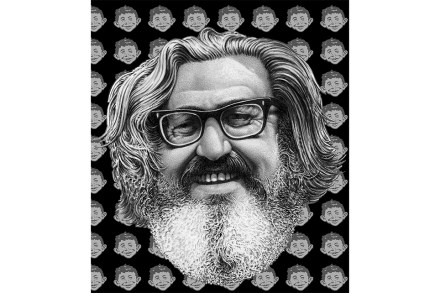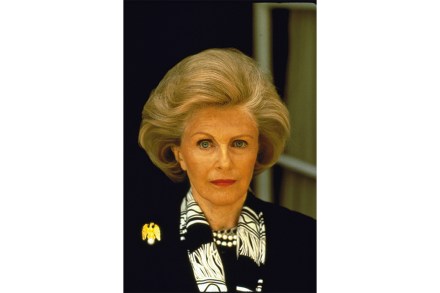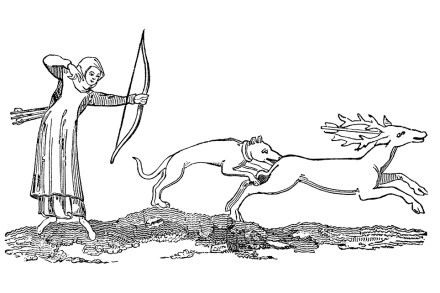The hare-raising experience that changed my life
More from BooksOne wintry day during lockdown, the parliamentary political adviser Chloe Dalton discovered a new-born leveret on the track by her converted barn. It was only as long as her palm’s width, with a white star shape on its forehead. Ambivalent about interfering, she nonetheless gave it houseroom, despite being warned that brown hares can never






























